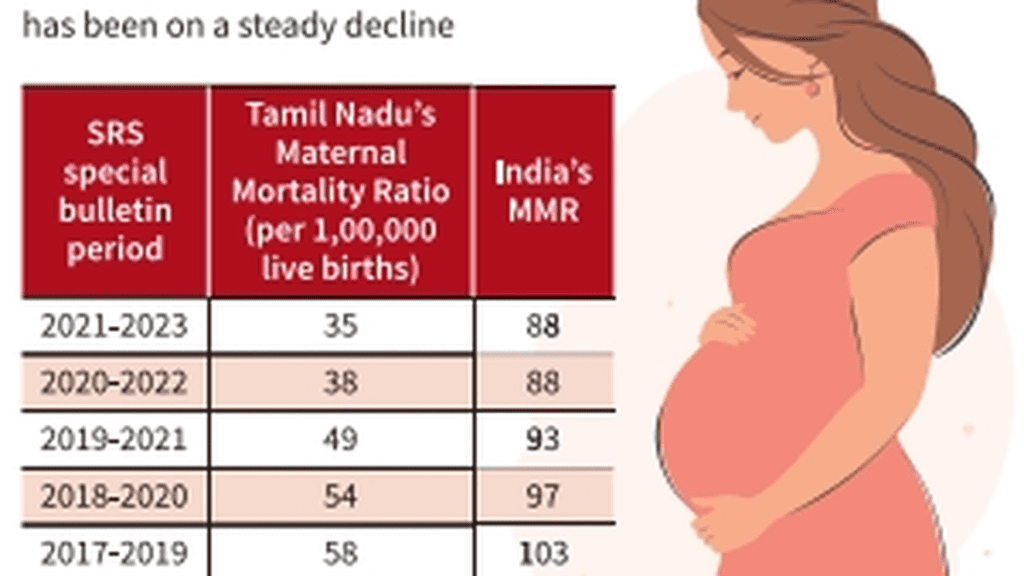Millions of diabetes, heart disease cases globally linked to sugary drinks Premium

Millions of diabetes, heart disease cases globally linked to sugary drinks Premium
A new study estimates that in 2020, 2.2 million new cases of type 2 diabetes and 1.2 million new cases of cardiovascular disease occur each year globally due to consumption of sugar-sweetened beverages, representing 9.8% and 3.1%, respectively, of all incident cases. The study estimated sugar-sweetened beverage-attributable type 2 diabetes and cardiovascular disease burdens across 184 countries in 1990 and 2020.
As per the study published in the journal Nature Medicine, in developing countries, the case count is particularly sobering. The highest sugar-sweetened beverage-attributable percentage burdens were in Latin America and the Caribbean and sub-Saharan Africa. In Latin America and the Caribbean, they contributed to nearly 24% of new diabetes cases and more than 11% of new cases of cardiovascular disease. In Sub-Saharan Africa, the study found that sugar-sweetened beverages contributed to more than 21% of all new diabetes cases. “From 1990 to 2020, the largest proportional increases in sugar-sweetened beverage-attributable incident type 2 diabetes and cardiovascular disease cases were in sub-Saharan Africa, 8.8% and 4.4%, respectively,” the study found.
Colombia, Mexico, and South Africa are countries that have been particularly hard hit. While more than 48% of all new diabetes cases in Colombia were attributable to consumption of sugary drinks, nearly one-third of all new diabetes cases in Mexico were linked to sugary drink consumption. In South Africa, 27.6% of new diabetes cases and 14.6% of cardiovascular disease cases were attributable to sugary drink consumption.
Sugary beverages are rapidly digested, causing a spike in blood sugar levels with little nutritional value. Regular consumption over time leads to weight gain, insulin resistance, and a host of metabolic issues tied to type 2 diabetes and heart disease, two of the world’s leading causes of death. Men are more likely than women to suffer the consequences of sugary drink consumption, as are younger adults compared to their older counterparts, the researchers say.
The authors call for a multi-pronged approach, including public health campaigns, regulation of sugary drink advertising, and taxes on sugar-sweetened beverages. Some countries have already taken steps in this direction. Mexico, which has one of the highest per capita rates of sugary drink consumption in the world, introduced a tax on the beverages in 2014. Early evidence suggests that the tax has been effective in reducing consumption, particularly among lower-income individuals.










